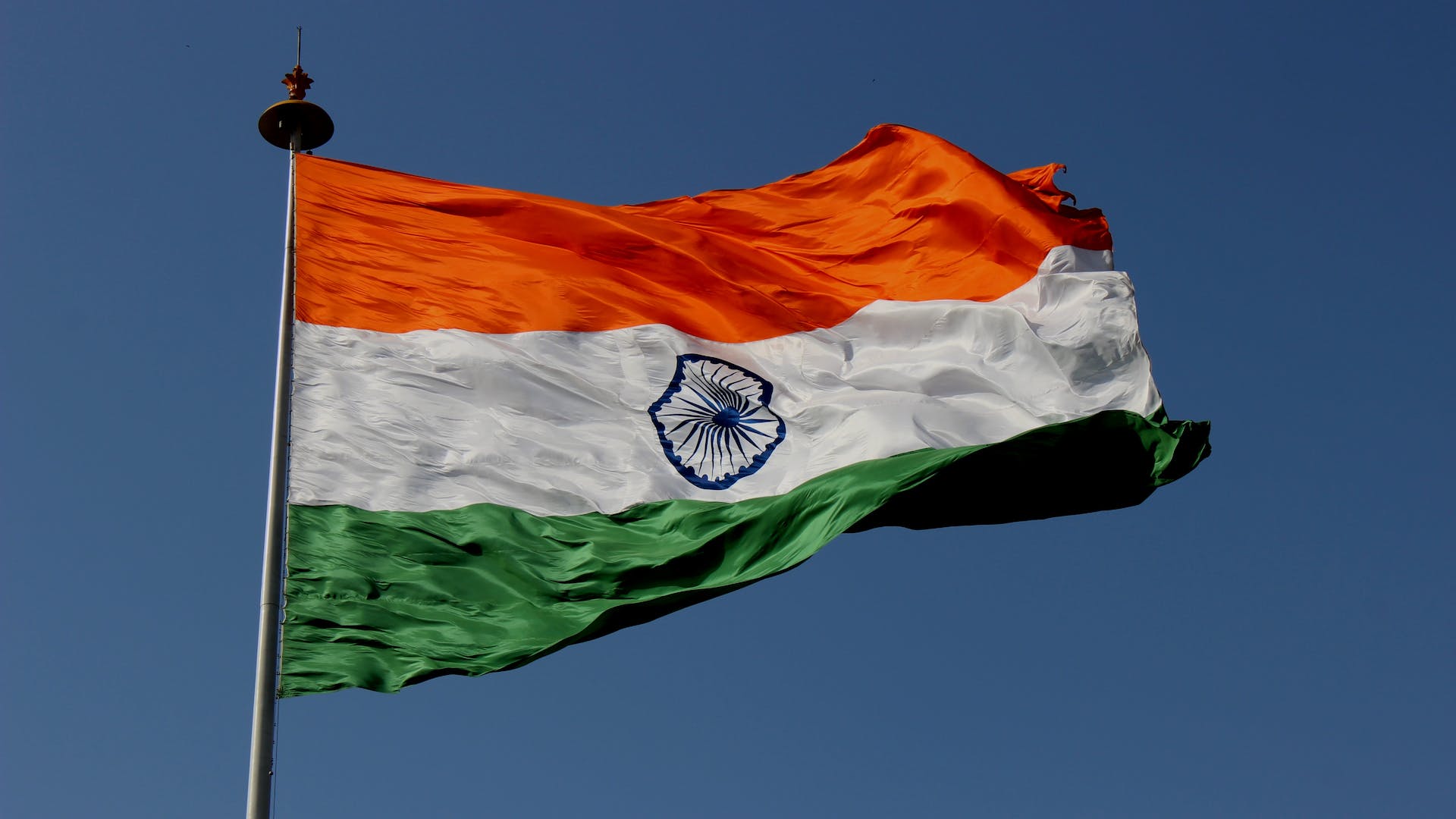India and the European Union (EU) are gearing up for the 10th round of negotiations on their Free Trade Agreement (FTA), amidst global uncertainties and shifting geopolitical dynamics following the recent US presidential elections. Both sides have shown renewed enthusiasm to move forward with the talks, which have gained fresh momentum in recent months.
India as a Key Trade Partner for the EU
The 27-member EU bloc views India as a vital trade partner due to its democratic values and strong economy. This partnership is seen as crucial for ensuring trusted supply chains, especially in light of turbulent global conditions. One source close to the negotiations stated, “India is the go-to country for most of the developed world amid an expected change in trade dynamics after President Trump assumes power in January. The EU would not like to miss the bus after investing over two years in negotiating an FTA with India since June 2022.”
Sustainability Regulations Remain a Sticking Point
Despite progress in nine rounds of talks, sustainability regulations—such as labor standards, deforestation rules, and carbon taxes—have been significant hurdles. While the EU insists these issues be included in the trade deal, India has been cautious, arguing that including them could create non-tariff barriers. “India is not averse to the idea of environmental protection. In fact, it is committed to fulfilling its obligations by 2070. But, clubbing these issues in the free trade deal would amount to putting non-tariff barriers in a sly, which is not acceptable,” said one official familiar with the negotiations. Recent developments, however, suggest that some progress has been made on these concerns, offering hope for a positive outcome.
Renewed Push for FTA Progress
The outcome of the US presidential election in November 2024 has reportedly injected new energy into the negotiations. During a recent meeting in Brussels, Commerce Secretary Sunil Barthwal met with senior EU officials, including EU Director General Sabine Weyand, to discuss progress and cooperation on market access and FTA negotiations. The discussions indicated a renewed eagerness from both sides to move forward, signaling optimism for the future of the trade talks.
EU’s Market Access Demands
The EU is seeking zero-duty market access for its goods in India, along with reciprocal benefits. However, concerns over sustainability measures, such as the Carbon Border Adjustment Mechanism (CBAM) and the EU Deforestation Regulation (EUDR), could complicate the trade dynamics. These measures could have a significant impact on Indian exports, especially carbon-intensive products like cement, aluminium, and steel. The CBAM, for instance, could impose tariffs of up to 35% on such products, while the EUDR requires certification for deforestation-free products like wood, cocoa, and cattle.
India, which is the EU’s second-largest export destination, is likely to weigh these challenges carefully in the upcoming rounds of negotiations.
Read More : Trump Plot Suspect Ryan Routh Slams ‘Two-Party System,’ Links To Thomas Crooks





